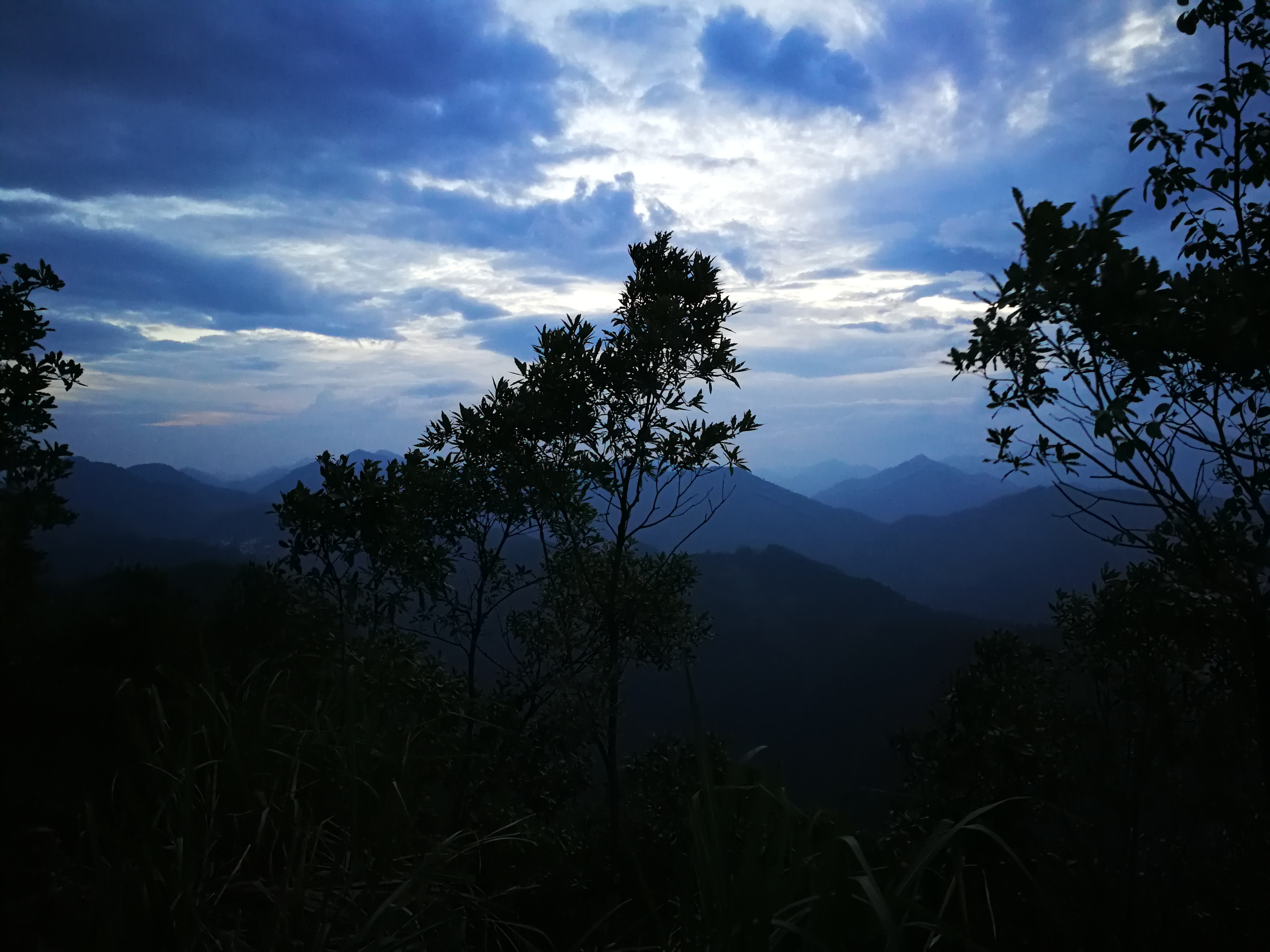
Emily Yoon
on translating Yi Sang-hwa
I translated these poems a few years ago, in an attempt to “get to know” Yi, and thereby the literary atmosphere of the colonial period, better. I was initially attracted to the lyricism of his most famous poem, “Ppaeatkin Tŭredo Pomŭn Onŭn’ga” (1926; trans. “Does Spring Come Even to Stolen Fields?”), and wanted to read more of his work. Translating these poems and spending time with the language helped me ask further and more engaged questions about certain imagery and diction, knowing the historical context in which the poems were produced.
about the author
Yi Sang-hwa (이상화,1901–1943) was a colonial-era poet. His work is known for its proletarian and resistance spirit, despite censorship and pressure from the Japanese authorities.
His involvement in the liberation movement began when he was just a teenager. In 1919 in Daegu, the city of his birth, he and his friends started organizing a student uprising as part of the March First Independence Movement. It ultimately failed when the police found out their plans ,and Yi had to go into hiding for some time.
His literary debut was a few years later in 1922, when his first poetry publications appeared in Paekcho, a short-lived literary magazine known for publishing romanticist poetry with themes of despair, desperation, and death. In 1925, he became one of the first members of the arts organization KAPF (Korea Artista Proletara Federatio), which, as the name suggests, promoted proletarian ideals.
In 1937, he went to China for three months to visit his brother Yi Sang-chŏng, an independence fighter, and was arrested by the Japanese police upon return. He was released after eight months.
Afterward, he worked as a teacher as well as an amateur boxer. He quit in 1940 to focus on reading and research. He translated a classic novel The Tale of Chunhyang into English, and began working on other French translation projects, but died before finishing them; he passed away in Daegu, in 1943, after suffering from stomach cancer.
about the translator
Emily Jungmin Yoon graduated from University of Pennsylvania with a double major in English and communications in 2013. She holds an MFA in poetry from New York University, and she is now a PhD candidate in Korean literature at the University of Chicago. In her dissertation, she is exploring the transpacific link between the developments of Korean-American poetry and Korean poetry with a focus on feminist poetry. Emily is the Poetry Editor for The Margins, the literary magazine of the Asian American Writers’ Workshop, the author of A Cruelty Special to Our Species (Ecco, 2018) and Ordinary Misfortunes (Tupelo Press, 2017). She also anthologized and translated nine women Korean poets in the collection, Against Healing (Tilted Axis Press, 2019). Her poems and translations have appeared in the New Yorker, the New York Times Magazine, Poetry, DoubleSpeak, and elsewhere.

photo by Limin Jiang
